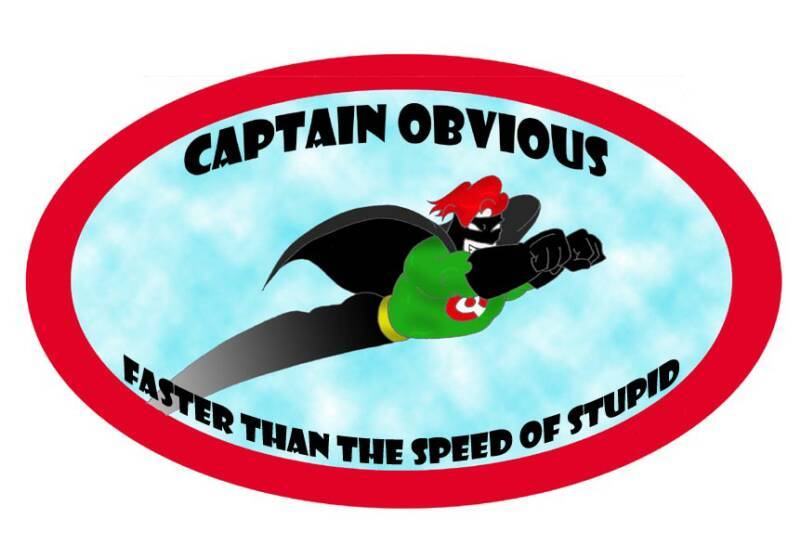I happened on a story on Medium the other day entitled, with disarming effusiveness, “Blue Lagoon Strategy — Carve your own niche!” Since I’m something of an amateur whittler, I thought I might be able to pick up a few tips on carving techniques, the best types of wood to use for particular pieces, or knife selections perhaps.
To my dismay, I discovered it wasn’t about whittling at all. Rather, it was an about an approach to business that positioned itself in contrast to Red Ocean and Blue Ocean alleged strategies. Here’s the upshot of what the author wrote:
Instead of “big wide and scary” Blue Ocean [empasis his] think “small and secure” Blue Lagoon™ [emphasis his]. Find some coral reef, and check if there isn’t a protected cove behind it where the big sharks can’t or won’t go. Use this space to custom-carve a market segment for yourself, then make it the protected base from which you can start building your own, unique and differentiated business.
Aside from derivative, this notion struck me as common sense with a fancy name and an ostensible trademark. And it made me wonder if it might ever catch on (not likely) or if there might be something cautionary to be gleaned from the story. Since I’m inclined toward the latter, I offer a few humble suggestions.
Forewarned Is …
There are quite a few admonitions that could be offered in response to this Medium story. Since this is a blog post, as opposed to a book, I’ll keep the list short and make sure each item is reasonably meaningful:
- If you’re going to affix a trademark symbol (™) to a name, a term, or a brand, it’s a good idea to check the database of the U.S. Patent and Trademark Office to see if anyone protected it before you did.
- If you’re going to holler about somthing — Carve your own niche! — it’s a good idea to make sure it’s worth hollering about. If it’s something that amounts to common sense with an ostensibly trademarked brand name and an exclamation point, a little more time at the drawing board might not be a bad thing.
- If you’re going to write something about an alleged strategy with which businesses can differentiate themselves, it’s a good idea to make sure your alleged strategy is in some way — any way — differentiated from garden-variety common sense.
- If you’re going to affix a trademark symbol (™) to a name, a term, or a brand — and you’re going to position it as an alleged strategy with which businesses can differentiate themselves — it’s a good idea to name it for something other than a really bad movie.
But what do I know? I just write here.
The Last Word
If you’re determined to commit mistakes 1 through 4 above, despite my cautionary admonitions and your better judgment notwithstanding — and if you’re going to contend that the product of commiting those mistakes will create a niche for a unique and differentiated business — at least heed this advice from Wee Willie Keeler: “Keep your eye on the ball and hit ‘em where they ain’t.”
And whatever you do, don’t call it Blue Lagoon.

